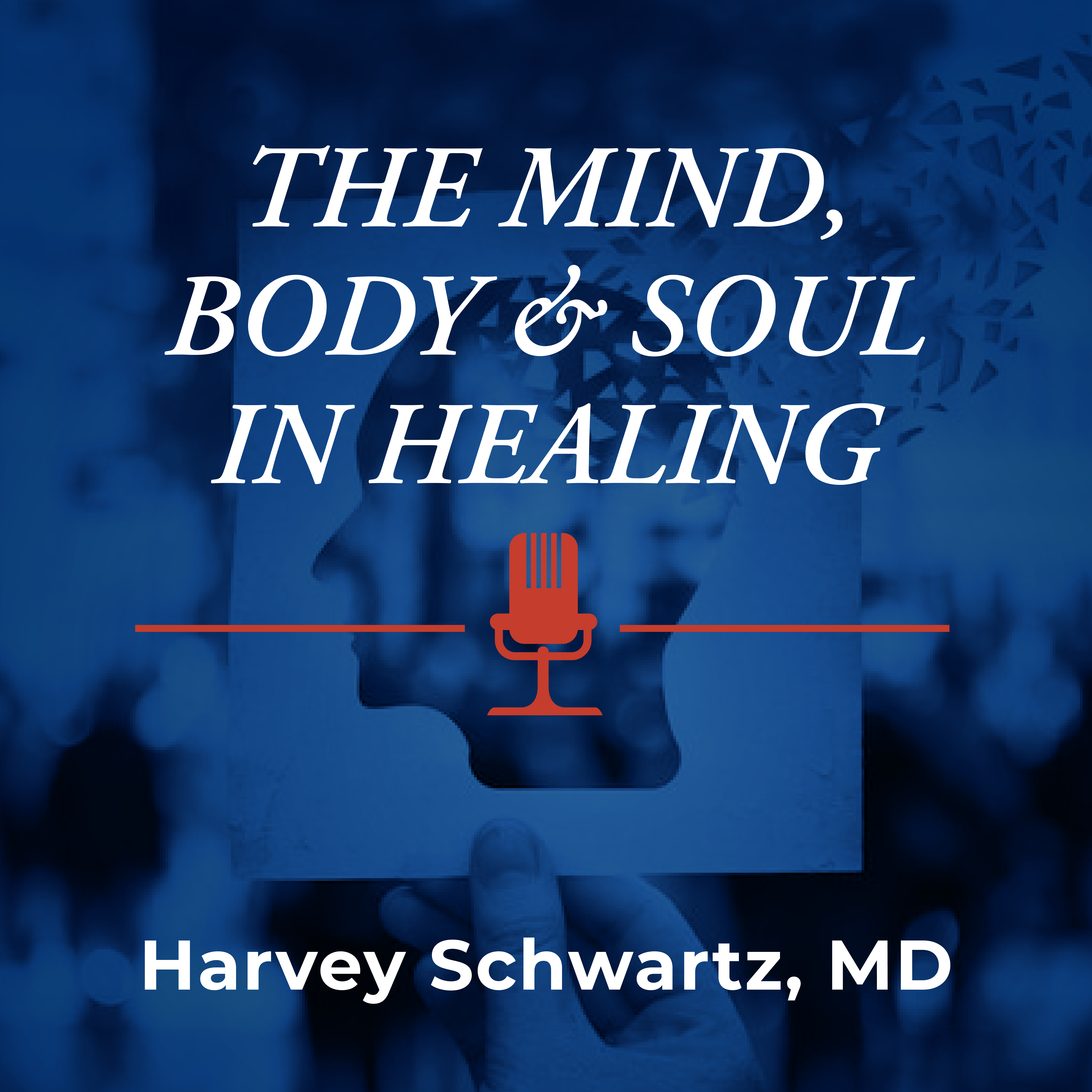
“It’s not a good meditation when you are having fewer thoughts, it is not a bad meditation when you are having more thoughts or wilder thoughts. Really what Zen talks about is the limitation of just focusing on thoughts. Most of the time we are lost in our thoughts – we focus exclusively on our thoughts with much less attention to sensations, to perceptions of the world.”
Episode Description: Dr. Waldinger is a psychiatrist/psychoanalyst and a Zen teacher and priest. We begin by distinguishing between an Eastern and Western way of approaching the mind. Dr. Waldinger describes his journey of becoming both a Zen Priest and a Zen instructor and the differing tasks involved with each. He compares his psychodynamic approach with his Zen approach to individuals who are suffering. He explains the Buddhist approach to thoughts, sensations and worries with particular reference to the relationship between a Zen teacher and student. We close by reviewing his personal path that has led him to be attuned to the transience of life.
Our Guest: Robert Waldinger, MD is a psychiatrist, psychoanalyst, Zen priest, and Zen teacher. He is a Professor of Psychiatry at Harvard Medical School and directs the Harvard Study of Adult Development, one of the longest-running studies of adult life ever done. The Study tracked the lives of 724 men for over 80 years and now studies their Baby Boomer children to understand how childhood experience reaches across decades to affect health and wellbeing in middle age. He writes about what science can teach us about healthy human development, and he is the Founding Director of the Lifespan Research Foundation, dedicated to bringing the insights of lifespan research to the general public. His TED talk about this research, titled “What Makes a Good Life?”, is one of the 10 most viewed TED talks of all time. Dr. Waldinger directs the teaching program in psychodynamic psychotherapy at the Massachusetts General Hospital Psychiatry Residency in Boston.
To listen, subscribe and to receive Robert Waldinger’s Recommended Readings, visit HarveySchwartzMD.com.


Thank you very much for this wonderful exchange. I often wondered about the connection between psychothérapie and the eastern way such as zen and non dual meditation. This podcast went a good way to answer some of my curiosity. Kind regards, Doris Edwards, Geneva, Switzerland